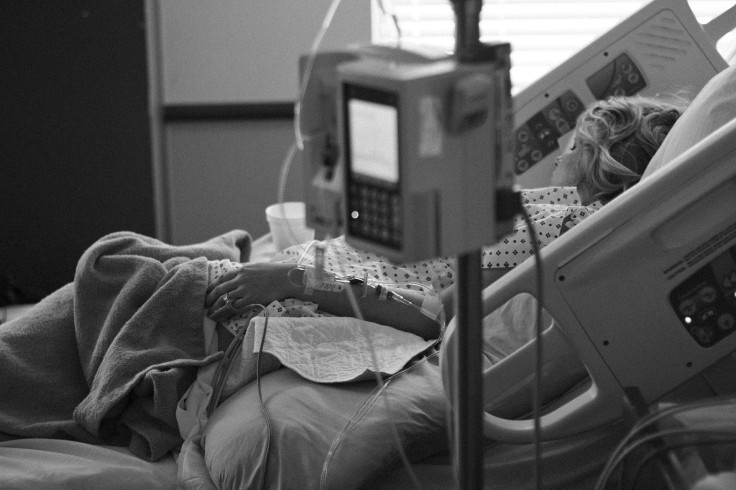Brain Death Guidelines Aren't Being Followed In Some Hospitals; Researchers Find Several Significant Lapses

Declaring a patient brain dead is a serious action taken by hospital employees. A complete, irreversible cessation of brain function, brain death is one of two ways to determine death — the other being a loss of circulatory or respiratory function. The responsibility of determining brain death is left with hospitals and their employees, and a concerning new study has found that the policies for determining brain death are surprisingly inconsistent, and some hospitals have failed to adequately implement guidelines created to reduce errors.
“This is truly one of those matters of life and death, and we want to make sure this is done right every single time,” David Greer, a neurologist at the Yale University School of medicine and leader of the study, told NPR.
Greer previously helped write a set of guidelines for determining brain death in 2010, which has since been recommended to every hospital by the American Academy of Neurology.
Greer and his team hoped to discover how well the guidelines have actually been adopted by hospitals, so they analyzed the policies of 492 hospitals and health care systems across the U.S. Most of them had adopted the guidelines, but the researchers reported significant differences in how key parts of the guide have been expressed and accepted.
Firstly, they found many of the hospitals did not require a neurologist, neurosurgeon, or even a fully trained doctor to make the call.
“In some hospitals they actually allowed for a nurse practitioner or a physician assistant to do it,” Greer said.
More than 20 percent of the hospital policies didn’t require that the doctor check a patient’s temperature, making sure it’s high enough to make the assessment, as the guidelines call for. Greer explained that someone’s brain function can actually be suppressed based on a low temperature. Nearly half of the policies also didn’t require doctors to ensure the patient’s blood pressure is adequate for assessment of brain function.
Some of the policies said doctors may skip recommended tests altogether.
Greer said that based on these findings, compliance needs to improve.
“There are very few things in medicine that should be black and white, but this is certainly one of them,” he said. “There are really no excuses at this point for hospitals not to be able to do this 100 percent of the time.”
A patient could be pronounced brain dead because of failure to follow guidelines, then end up recovering some neurological function. This, according to Greer, would be a horrific worst-case scenario.
He isn’t the only one criticizing hospitals’ lapses in properly implementing the guidelines. James Bernat, a Dartmouth College neurologist and leading authority on brain depth, said:
“It’s disturbing that despite all of the educational intervention to try to bring doctors up to the national standards that there remains such great variability.”



























